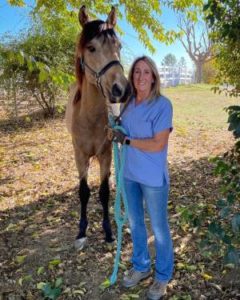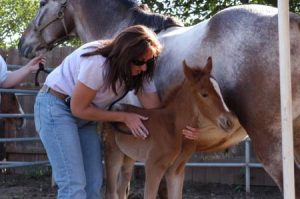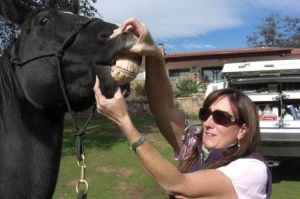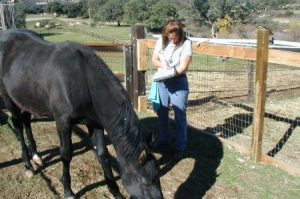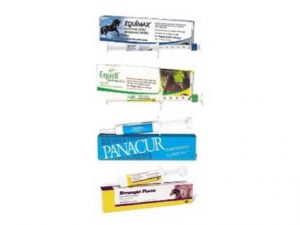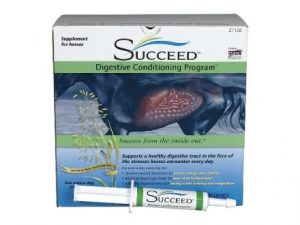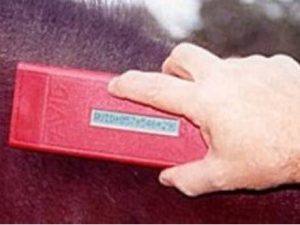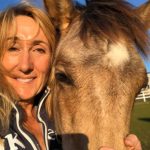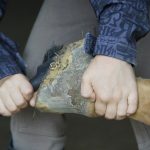+1 619-659-1180
PROTECT YOUR HORSE FROM WEST NILE
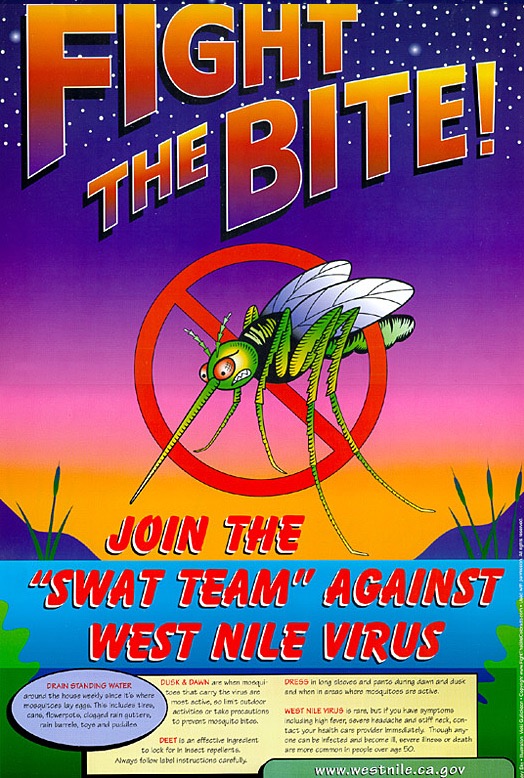
WNV is a mosquito-borne infection that horses and humans can develop from the bite of an infected mosquito. Mosquitoes lay their eggs in standing water, which develop into thousands of mosquitoes in 7-10 days. Take the following steps to minimize the risk of disease in your horses.
- VACCINATE : Two licensed products available. Contact your vet to ensure the vaccination status your horse is current.
- DAWN TO DUSK : Stable horses during active mosquito feeding times.
- SCREENS AND DOORS : Close stable doors and use screens to keep mosquitoes from entering barn.
- FANS : Utilize fans to keep air circulating. This keeps mosquitoes out of the area.
- FLYSHEETS : Use flysheets and fly masks for protection.
- MOSQUITO REPELLENTS : Use horse repellents with Permethrin.)
- FEED BUCKETS : Cover or turn upside down all buckets so they can’t hold water.
- WHEELBARROWS: Dump and leave in upright position to prevent water collection.
- DRAINS : Keep outdoor drains free flowing.
- IRRIGATION : Manage irrigation to minimize puddles and standing water.
- LEAKS : Fix leaky hoses and faucets that may create puddles.
- RAIN GUTTERS : Keep barn gutters clear of leaves and debris that can cause water pooling.
- WATER TROUGHS : Change water twice a week.
- TRASH : Dispose of items that can hold water, including cans, cups, and bags. Make sure trashcans are tightly covered to prevent rainwater from collecting.
- DEAD BIRDS : Report dead birds to 1(877) WNV-BIRD.
- PONDS : Stagnant water breeds mosquitoes. Aerate ornamental pools, stock with mosquito fish, or use mosquito dunks.
- MOSQUITO FISH : These fish eat mosquito larvae that have just hatched from eggs. Contact your local Mosquito Vector Agency.
- MOSQUITO DUNKS : Doughnut shaped blocks that dissolve slowly in water and contain a pesticide that kills mosquito larvae. It is harmless to animals and fish; available at local garden stores.

